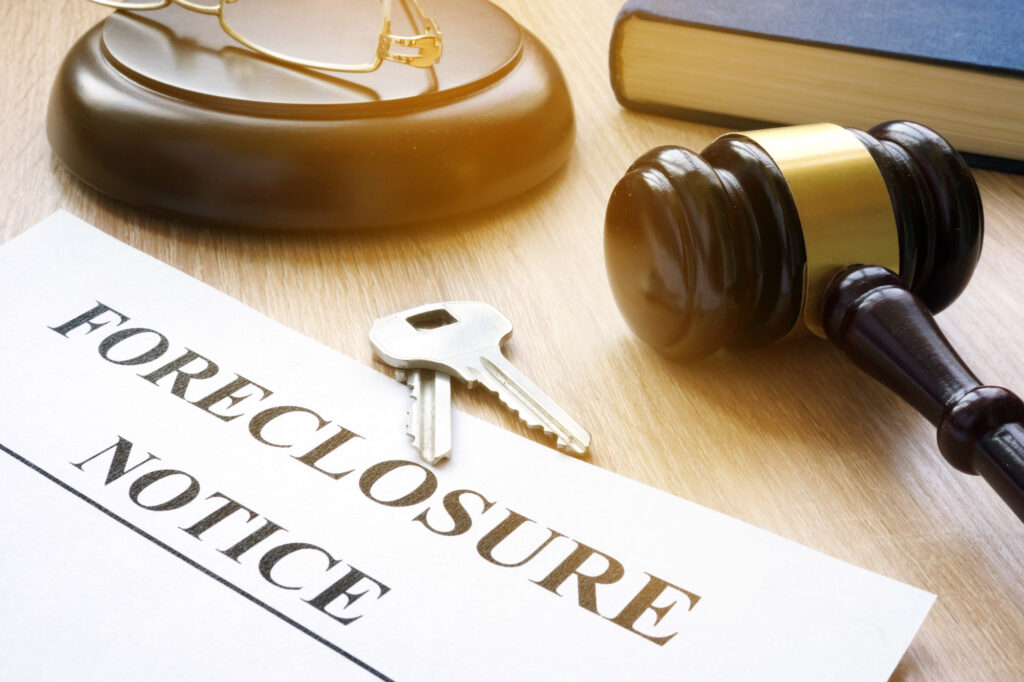Top 5 Solutions to Avoid Foreclosure
No one wants to face the reality of foreclosure in their lifetime. While it can be a scary experience, foreclosure and the loss of your home is actually avoidable.
No matter what your circumstances are, you have homeowner rights and options to help you avoid foreclosure. To add to this, it’s a very lengthy and costly process that most lenders want to avoid, too. This means they are almost always willing to work with you to find a solution.
If you’re facing this reality, learn more about to avoid foreclosure in this blog.
What Exactly Does Foreclosure Mean?
In the case of a foreclosure, your lender has the legal right to repossess your home if you fail to meet mortgage repayments in a certain time-frame. When faced with foreclosure, you are required to move out of your home. You may also face a deficiency judgment based on how much you still owe on your mortgage.
In some cases, you may be able to sell your home if you know you cannot meet mortgage payments or a deficiency judgment — learn more on how to sell your house here. Otherwise, the consequences of foreclosure are pretty dire and do not bode well for your credit score, or the ability to apply for any type of credit in the future.
Helpful Tips on How to Avoid Foreclosure
Most lenders offer a grace period of 15-days, which may include a late fee as well. If you haven’t paid your mortgage for a period of 90 days or more, you could very well face foreclosure. Here’s what you can do when you receive a foreclosure notice:
1. Make Sure to Educate Yourself
If you receive a foreclosure notice, don’t panic. Take a deep breath and know that you have options. The best thing to do is educate yourself about these options and the foreclosure process.
Carefully read over the notices you’ve received, as well as your mortgage agreement. These documents generally hold information about how to avoid foreclosure and what options you have.
2. Get in Touch With Your Lender
Don’t make the mistake of ignoring a foreclosure notice or your lender. Bear in mind that most lenders are willing to listen and help, where they can. They are generally willing to work with you to find a solution, rather than kick you out of your home!
Communicate openly and honestly about your situation and show a willingness to find a suitable agreement for you both. You will most likely be offered four options: refinancing, a repayment plan, loan modification, or a suspended mortgage (forbearance).
3. Reach Out to a HUD Housing Counselor
If you cannot come to a suitable agreement with your lender, your next step is to contact a HUD-approved housing counselor. This is a federally funded agency that works with certain lenders to secure repayment options that are affordable to you.
4. Consider a Short Sale of Your Home
You may not be able to repay your mortgage, even with a specific loan modification or repayment plan. The next thing to consider is a short sale of your home. However, this is contingent on whether your lender agrees to this.
A short sale is not like a traditional home sale. It means your lender has to settle for less than your home’s worth. The bank also oversees which offer to accept, and not you. This is a good option if you want to avoid the consequences of foreclosure and having it on your record.
5. Use Your Assets to Reinstate Your Mortgage
If you have assets that you are willing to give up to reinstate your mortgage, this is another good option. This could include a second car, a boat, a holiday home, expensive jewelry, or even a life insurance policy.
Find Top Real Estate Tips Just a Click Away
In order to avoid foreclosure, it’s important to know your rights. Education is the most powerful tool you can have when faced with this reality. To learn more about real estate, whether you’re a home buyer, seller, realtor, or investor, be sure to explore the rest of this site for more.
